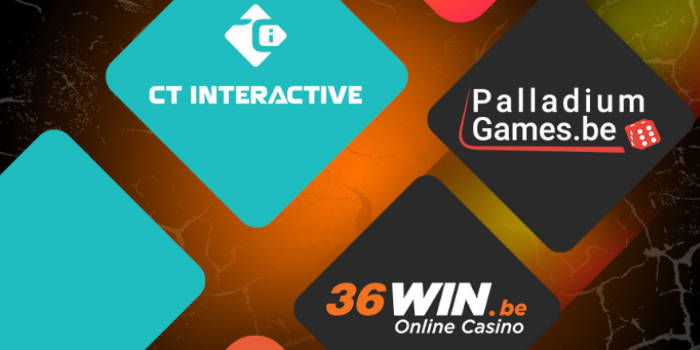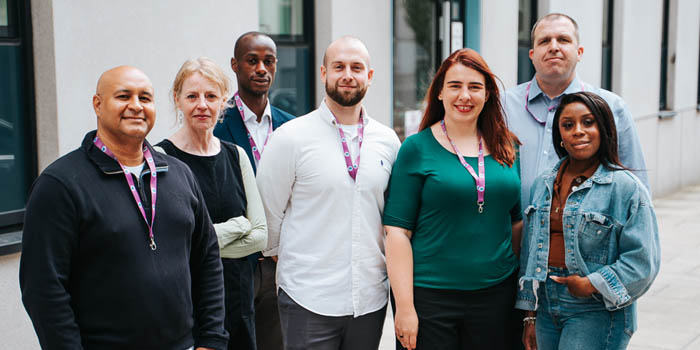NGTS Treatment Has Positive Impact On Gambling Addiction

According to a study by GambleAware, treatment by the UK’s National Gambling Treatment Service has had a positive impact on most patients between 2019 and 2020.
NGTS Treatment Has Positive Impact on Problem Gamblers
According to a recent report by GambleAware, the treatment program offered by the UK’s National Gambling Treatment Service (NGTS) has had a strong positive impact on problem gamblers.
The report focuses specifically on Scottish and Welsh users that have completed treatment between 30 April 2019 and 31 March 2020. The individuals are asked a series of 12 questions that aim to identify their post-treatment risk levels compared to their risk levels at the time of admission.
According to the findings, NGTS treatment has had a positive impact on an overwhelming majority of patients who have successfully completed the NGTS programme. Around 90% of all Scottish individuals saw an improvement in their Problem Gambling Severity Index (PGSI). The percentage is even higher for Welsh individuals, 94% of which showed improvement.
In addition to this, the study has concluded that more than half of all 2019-20 NGTS patients are no longer considered problem gamblers. The conclusion is based on the individuals’ Core-10 score, which measures psychological distress related to gambling. Patients over a certain threshold are considered problem gamblers.
Comparison Between Study Groups And Over Time
In total, 296 Scottish and 271 Welsh individuals received NGTS treatment during the target timeframe. In both cases, the majority of individuals were male – 77% of Scottish patients and 68% in Wales. While problem gambling is commonly considered a male addiction, it is important to recognize the rising percentage of women with severe gambling addiction.
The Scottish and Welsh groups differ in a few key ways. Firstly, there is a strong disparity in duration of the treatment itself. In Scotland, NGTS treatment lasts an average of five weeks. In Wales, average treatment time is twice as long as around 10 weeks.
The second key difference is the actual completion rate. Only 58% of Scottish patients completed all courses in the treatment programme compared to 80% of Welsh patients. In both cases, the percentage of individuals with full course completion has increased steadily over the years. Furthermore, the quality and success of the treatment itself have also improved over time.
In Wales, the percentage of patients with full completion has increased from 64% in 2015-16 to 80% in 2019-20. More recent Welsh patients also display a median PSGI improvement of 14 points compared to earlier patients. In Scotland, full completion has increased from 51% to 58% in the same time frame, and the median PSGI improvement sits at 12 points.
However, GambleAware has noted that a notable percentage of patients have dropped out of the treatment course entirely. In Scotland, 29% of patients decided to end treatment prematurely. This is nearly double compared to 15% of Welsh patients.
The organization stressed that this does not necessarily mean that these individuals have relapsed into gambling addiction.
After finishing her master's in publishing and writing, Melanie began her career as an online editor for a large gaming blog and has now transitioned over towards the iGaming industry. She helps to ensure that our news pieces are written to the highest standard possible under the guidance of senior management.














